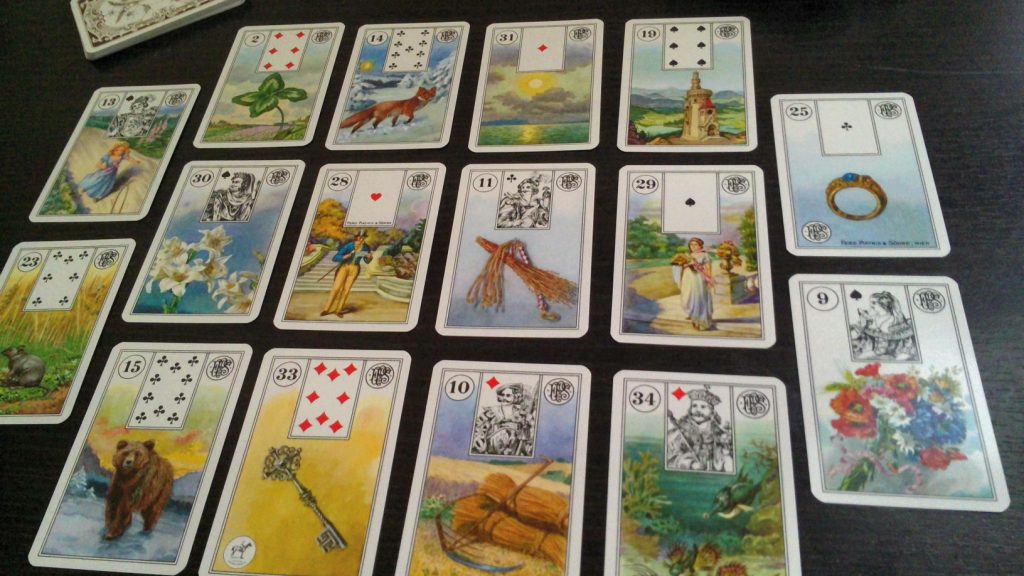
Oracle cards are a type of divination tool used for gaining insight and guidance. Unlike tarot cards, which have a standardized set of 78 cards with specific meanings, oracle cards can have any number of cards with a wide range of themes and artwork.
Oracle cards are typically used for personal growth and self-reflection, and they can be used for a variety of purposes, such as gaining insight into a situation, finding inspiration, or receiving guidance on a particular issue.
There are many different types of oracle cards available, each with their own unique themes and artwork. Here are some common types of oracle cards:
- Angel Cards: These cards feature images and messages from angels and can provide guidance, comfort, and support.
- Goddess Cards: These cards feature images and messages from various goddesses from different cultures and can provide insight and guidance on feminine energy and empowerment.
- Animal Cards: These cards feature images and messages from different animals and can provide guidance on connecting with nature and understanding animal symbolism.
- Chakra Cards: These cards feature images and messages related to the chakras, or energy centers in the body, and can provide guidance on balancing and healing these centers.
- Tarot-inspired Oracle Cards: These cards are similar to tarot cards but with less strict structure and can provide guidance on various aspects of life such as love, career, and personal growth.
- Affirmation Cards: These cards feature positive affirmations and can be used as a tool for self-reflection and self-improvement.
- Numerology Cards: These cards feature numbers and can provide guidance on understanding the significance of numerology in one’s life.
- Elemental Cards: These cards feature images and messages related to the four elements (earth, air, fire, and water) and can provide guidance on understanding and connecting with these elements.
There are many other types of oracle cards available, and new decks are constantly being created with unique themes and artwork.




